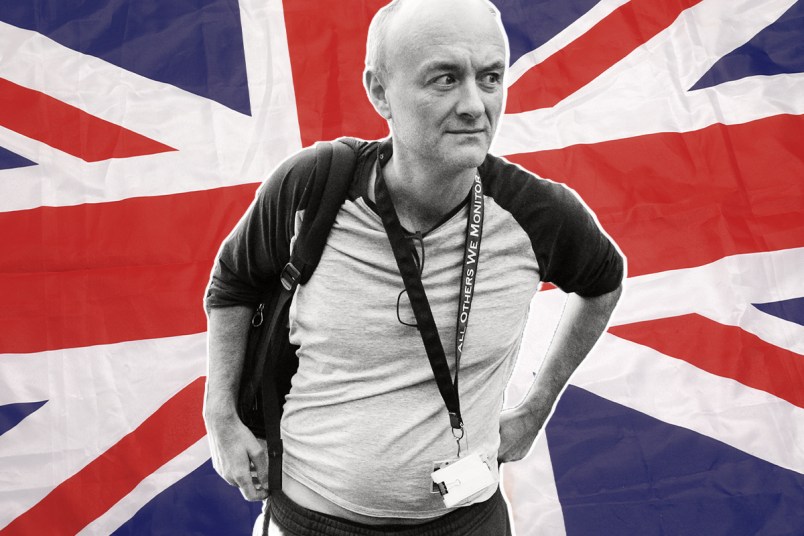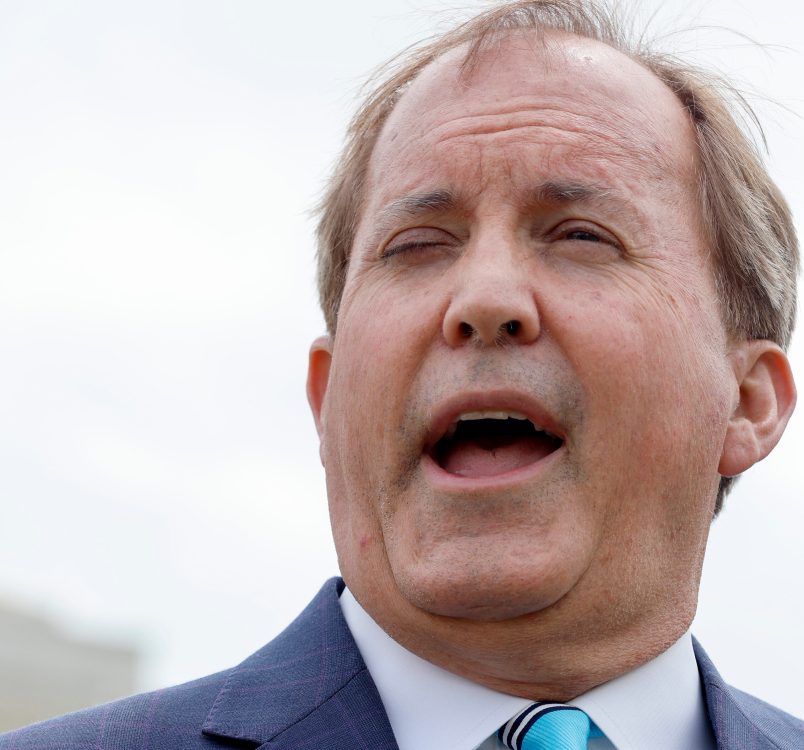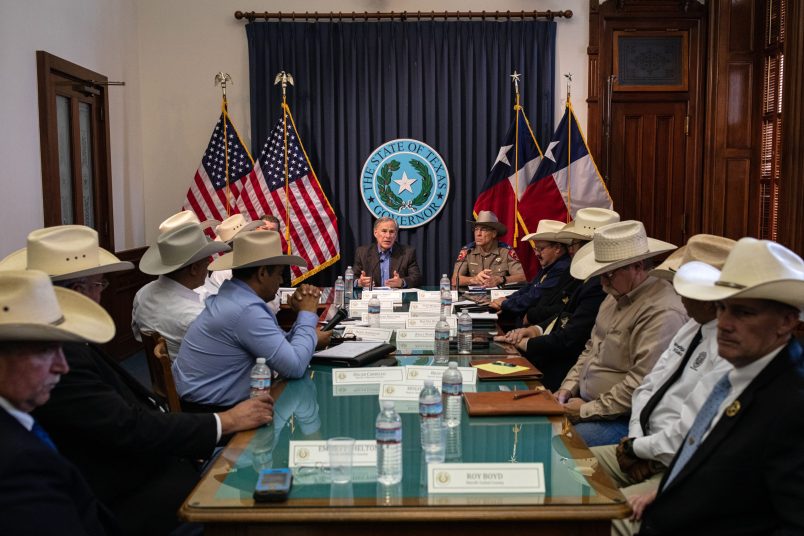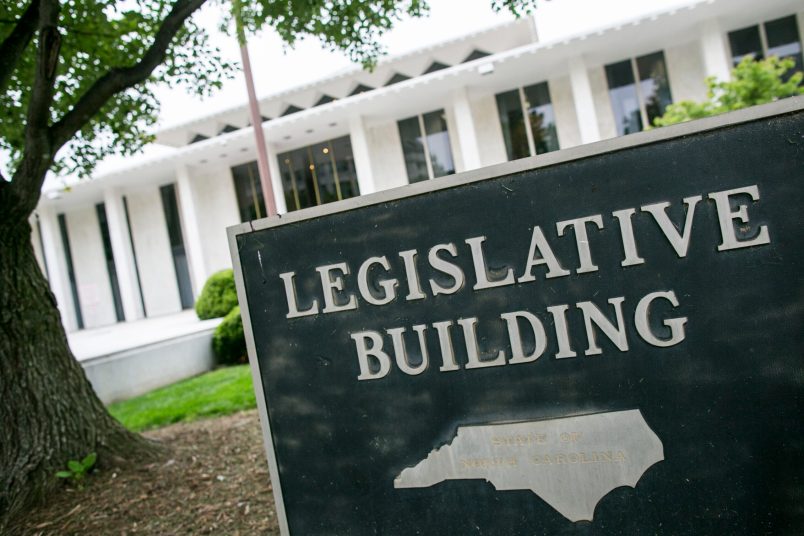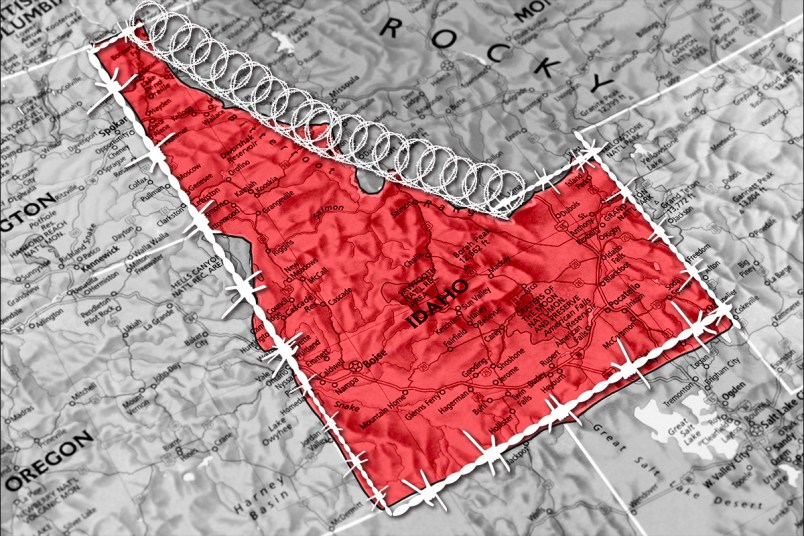Britons are in an uproar over an illicit road trip taken by Prime Minister Boris Johnson’s top aide while the country was under shutdown — a scandal that has echoes of the U.S.’s own COVID-19 culture warring, but that seems quaint by American standards.
News broke last week that Dominic Cummings, Johnson’s senior adviser and a leading pro-Brexit campaigner, had driven from London to his parents’ home in Durham, making an additional pitstop while there — all while he potentially had COVID-19.
In a reflection of how much more seriously Britain as a whole is taking its lockdown than America, Cummings is now facing calls for his resignation, and is being cast by other political figures and the British media as a stain on the Johnson administration’s credibility as it struggles to deal with the pandemic.
Cummings drove 260 miles during lockdown, while Britons were forbidden to take recreational trips.
Per his own explanation, Cummings made the journey after his wife developed coronavirus symptoms. Fearing that he too had fallen ill — some around him, including Johnson, already had — he made the trip so his relatives could care for their young son. He developed symptoms the day after he arrived.
In a televised address, he said that he felt what he’d done was “reasonable,” and that he didn’t regret it.
He went on an extra drive while in Durham — to test his eyesight?
In a particularly weird part of his explanation, Cummings tried to wave away a bonus trip he took from his parents’ place to Castle Barnard by claiming that he was testing his eyesight before making the full haul back to London.
He said that his vision had been impaired by the virus. He did not explain the reasoning behind why a shorter car ride would be a good test of his eyesight. Johnson supported the odd claim, saying that he too had experienced vision issues since recovering from coronavirus.
The rule-breaking trip has left Cummings taking fire on all sides.
The opposition Labour Party blasted the top aide for refusing to apologize.
“The British people were looking for at least an apology from Dominic Cummings for breaking the lockdown,” it said in a statement. “They got none. The message from this government is clear: It’s one rule for Boris Johnson’s closest adviser, another for everybody else.”
But it’s not just the opposition party that’s bringing the heat.
According to local press, over 20 members of parliament from Cummings’ own Conservative Party have called for him to be fired.
Douglas Ross, under secretary of state for Scotland, actually resigned from Johnson’s administration over the ordeal.
“I have constituents who didn’t get to say goodbye to loved ones; families who could not mourn together; people who did not visit sick relatives because they followed the guidance of the government,” he said upon his resignation. “I cannot in good faith tell them they were all wrong and one senior adviser to the government was right.”
Generally speaking, critics of Cummings are furious about the sacrifice Britons are making and the isolation they’re subjecting themselves to while a high-ranking government official is flouting the rules with seemingly no consequences.
Johnson is standing by his man.
At a Sunday news conference, Johnson remained unbowed by the firestorm of criticism.
“I believe that in every respect he has acted responsibly and legally,” he said.
“I can totally get why people might feel so confused and … so offended by the idea that it was one thing for the people here and one thing for others,” Johnson said, but added that Cummings “followed the instincts of every father and every parent.”
Context is key: Cummings is a polarizing figure, sort of like Johnson’s Steve Bannon.
Cummings was a driving force behind the “Leave” campaign that left Britain exiting the European Union and Johnson with a route to power. He was a controversial figure to begin with — former Prime Minister David Cameron has characterized him as a “career psychopath,” per the New York Times. His image as something of a Svengali frequently invites comparisons to Trump’s former adviser Steve Bannon.
Aside from Cummings’ personal unpopularity, the Johnson administration has not been getting top marks for its coronavirus response. Johnson’s numbers, possibly heightened by his hospitalization, have plummeted since the Cummings road trip became public knowledge.
And public sentiment towards his administration’s response to the pandemic had been sour even before the scandal. In late April polling, Deltapoll and Ipsos-MORI found that 66 percent said that the government instituted lockdown measures too late.
For Cummings, that means a perfect storm: smacking hypocrisy by a senior, polarizing official while the public turns against the administration’s coronavirus response amid a long and hard shutdown.


